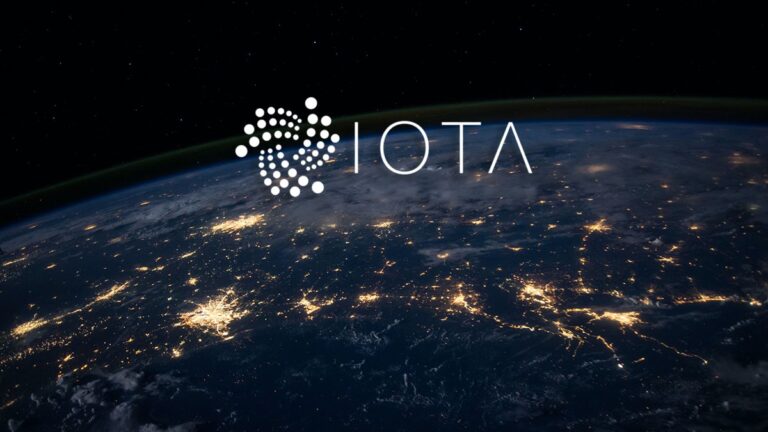UN Secretary General Advocates Overhaul of Outdated Financial System

- UN Secretary General Antonio Guterres urges reform of the global financial system during the recent BRICS leaders summit.
- Guterres emphasizes the need for a reformed multilateral architecture and updated institutions to reflect today’s global realities.
Antonio Guterres, the Secretary General of the United Nations (U.N.), has called for a transformative shift in the world’s financial institutions to align with the complexities of the contemporary multilateral landscape. Addressing the recent BRICS leaders summit, Guterres emphasized the pressing need to reform the current “outdated, dysfunctional, and unfair” financial system, a move that should encompass the revamp of institutions like the Bretton Woods entities.
At the heart of Guterres’ message lies a call to embrace cooperation and multilateralism as the global community navigates an increasingly multipolar reality. Speaking at the BRICS summit in Johannesburg, he highlighted that the evolving multipolarity does not inherently ensure peace and stability. In this context, Guterres stressed the importance of cultivating a “global community” through proactive collaboration.
Guterres’s critique extended to the current global establishment, pinpointing the necessity for a revitalized multilateral architecture rooted in the principles of the U.N. Charter and international law.
The Secretary General articulated his view that present-day institutions are inadequately aligned with the modern world configuration. He underscored the imperative for reforms that accurately reflect contemporary power dynamics and economic realities, as opposed to the post-World War II landscape.
In a pointed remark, Guterres pinpointed the U.N. Security Council and the Bretton Woods institutions—the International Monetary Fund and the World Bank—as prime candidates for reform.
However, critics have long questioned the effectiveness of the U.N. Security Council, deeming it limited in its scope and impact. A consensus has emerged that its structure and composition warrant reconsideration, as highlighted by the Carnegie Endowment for International Peace.
Navigating Financial Transformation: Reforming the Global Architecture
Guterres amplified the urgency for a revitalized financial system as a crucial component of addressing “priorities for action and justice.” While acknowledging the complexity of effecting swift change in today’s geopolitical climate, he maintained that practical measures should be pursued.
Underscoring the necessity for action, Guterres emphasized the need to redesign the existing global financial architecture, characterized by its outdated, dysfunctional, and inequitable nature.
The BRICS coalition—consisting of Brazil, Russia, India, China, and South Africa—has been actively working toward an alternative financial framework, aiming to reduce dependence on Western power centers and the U.S. dollar. The “Johannesburg II Declaration” highlights the bloc’s inclination toward transacting in national currencies, signaling a shift away from traditional norms.
Antonio Guterres’s advocacy for comprehensive financial reform and multilateral rejuvenation underscores the growing acknowledgment of the need for a financial system that resonates with the global realities of today.











